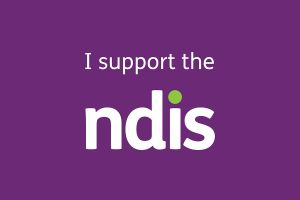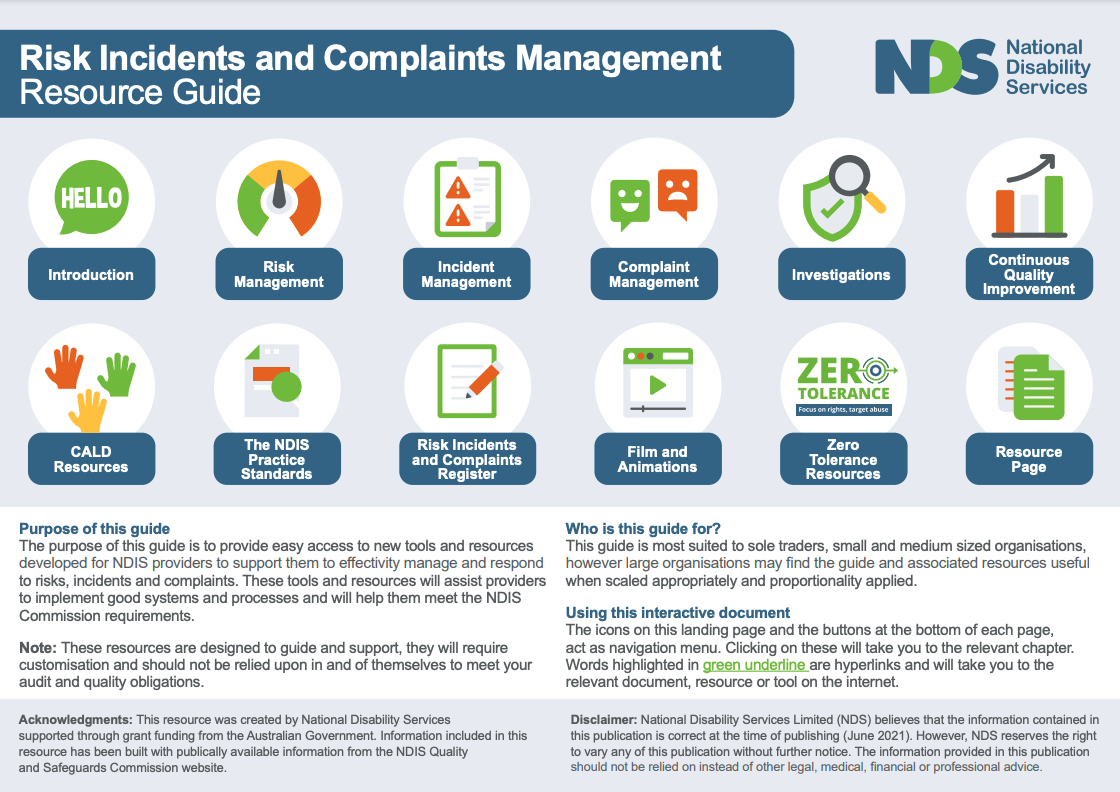NDIS Eligibility and Services by State: A Helpful Overview
The National Disability Insurance Scheme (NDIS) is a key program in Australia designed to provide support for individuals with disabilities. Understanding eligibility requirements and the specific services available in each state is essential for potential participants. This article offers a comprehensive overview of NDIS eligibility and the services provided by state. NDIS Eligibility and Services by State: A Helpful Overview
What is the NDIS?
The NDIS aims to empower Australians with permanent disabilities by offering personalized support tailored to individual needs. This initiative allows participants to access funding for a range of services, including personal care, therapy, assistive technologies, and community support, enhancing their quality of life.

Eligibility for the NDIS
To qualify for the NDIS, applicants must meet specific criteria:
- Age: Must be under 65 years old when applying.
- Residency: Must be an Australian citizen, permanent resident, or a specific class of visa holder.
- Disability: Must have a permanent and significant disability that impacts daily activities.
State-Specific NDIS Services
1. New South Wales
New South Wales offers extensive NDIS services, including:
- Local Area Coordinators (LACs): Assist with accessing funding and developing individualized support plans.
- Early Intervention Services: Programs designed to support children with disabilities, fostering development and inclusion.
- Community Programs: Initiatives that promote social participation and integration.
2. Victoria
In Victoria, the NDIS framework emphasizes community involvement and tailored services:
- Workshops: Regular workshops to educate participants on their rights and available services.
- Personalized Support: A wide range of services, including mental health support, community access, and therapy options.
3. Queensland
Queensland’s NDIS services focus on enhancing accessibility and community engagement:
- Remote Area Support: Additional resources for participants in rural and remote regions.
- Social Participation Programs: Initiatives designed to encourage community involvement and support networks.
4. Western Australia
Western Australia tailors its NDIS services to meet the needs of diverse communities:
- Indigenous Support Services: Programs aimed at increasing accessibility for Indigenous Australians.
- Community-Based Initiatives: Focus on fostering independence and promoting local service providers.
5. South Australia
In South Australia, the NDIS emphasizes personalized planning and collaboration:
- Integrated Services: Collaborations with local organizations to deliver comprehensive support.
- Personal Planning Sessions: Detailed planning sessions with LACs to develop tailored support strategies.
6. Tasmania
Tasmania’s NDIS services prioritize accessibility and education:
- Local Resources: Information centers and support groups to guide participants through the NDIS process.
- Mental Health Services: Integration of mental health support within the NDIS framework.
7. Australian Capital Territory (ACT)
The ACT focuses on efficient service delivery and participant satisfaction:
- Rapid Response Services: Quick assessment and service provision for urgent needs.
- Collaborative Planning: Emphasis on involving participants and families in planning discussions.
How to Access NDIS Services
Accessing NDIS services involves several steps:
- Access Request: Submit an access request form, providing detailed information about your disability and its impact on daily living.
- Planning Meeting: If eligible, attend a planning meeting to discuss funding and specific support services.
- Plan Implementation: Upon approval, participants can begin accessing their funded supports as outlined in their plan.
Resources for NDIS Participants
Participants can access a variety of resources to help navigate the NDIS:
- NDIS Website: Provides comprehensive information on eligibility, services, and funding options.
- Support Hotlines: Dedicated helplines for assistance with NDIS processes and queries.
- Community Support Groups: Local groups that offer peer support, sharing experiences and information.
Conclusion
The NDIS is a vital resource for Australians with disabilities, providing personalized support tailored to individual needs. By understanding eligibility requirements and state-specific services, participants can make informed decisions and effectively navigate the NDIS landscape. Whether you reside in New South Wales, Victoria, Queensland, or any other state, the NDIS is designed to empower individuals with disabilities and enhance their quality of life.




